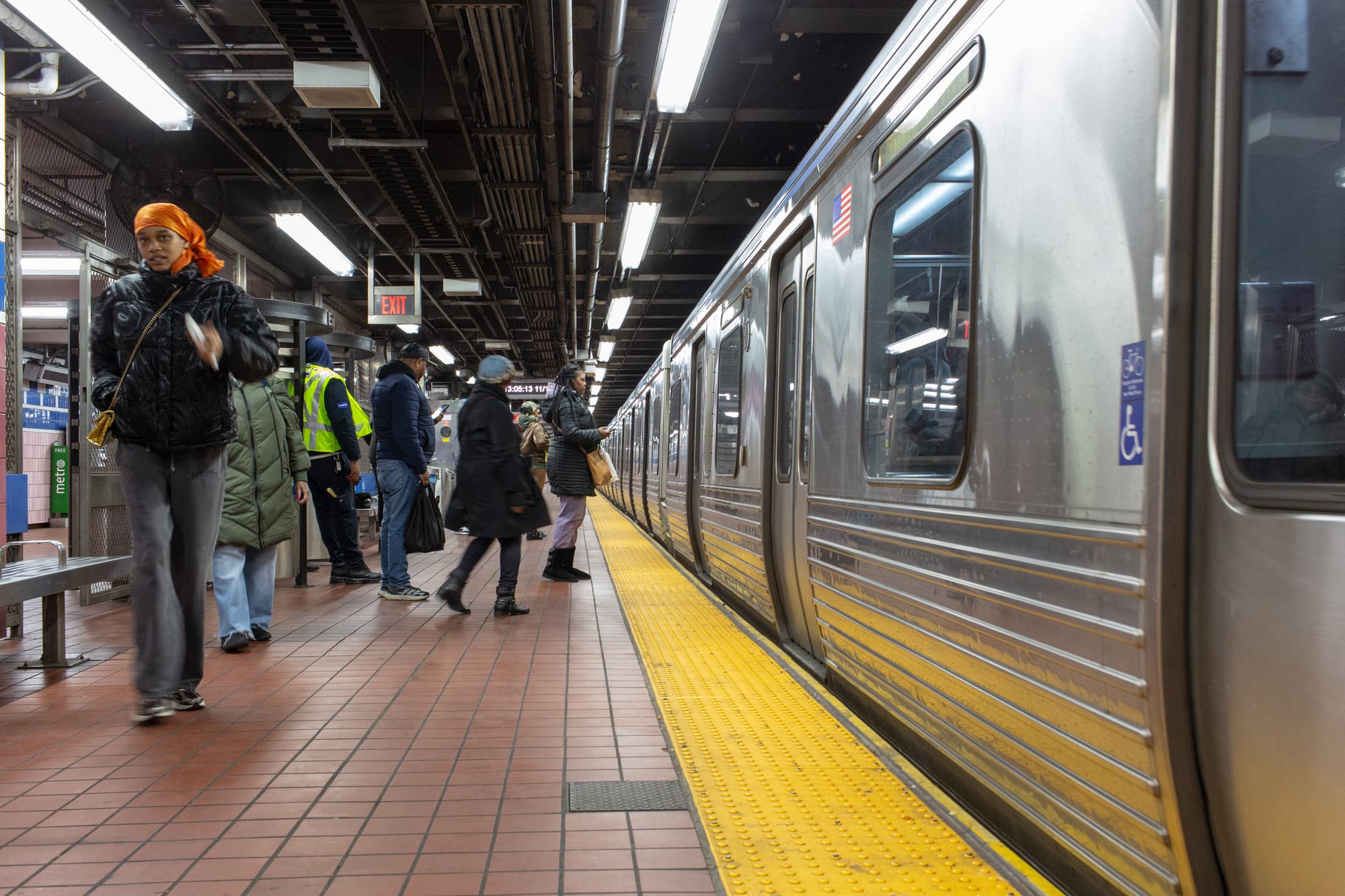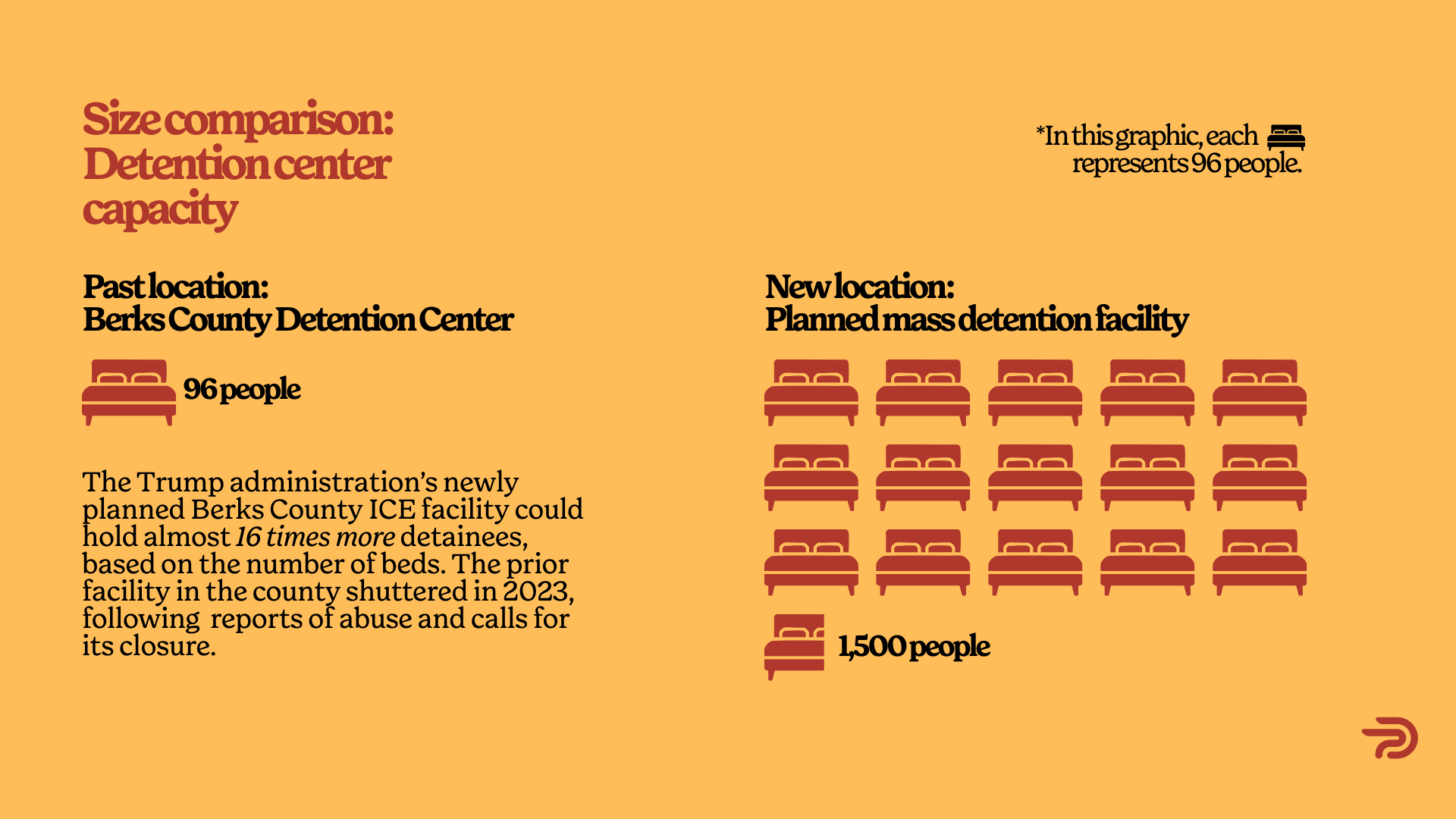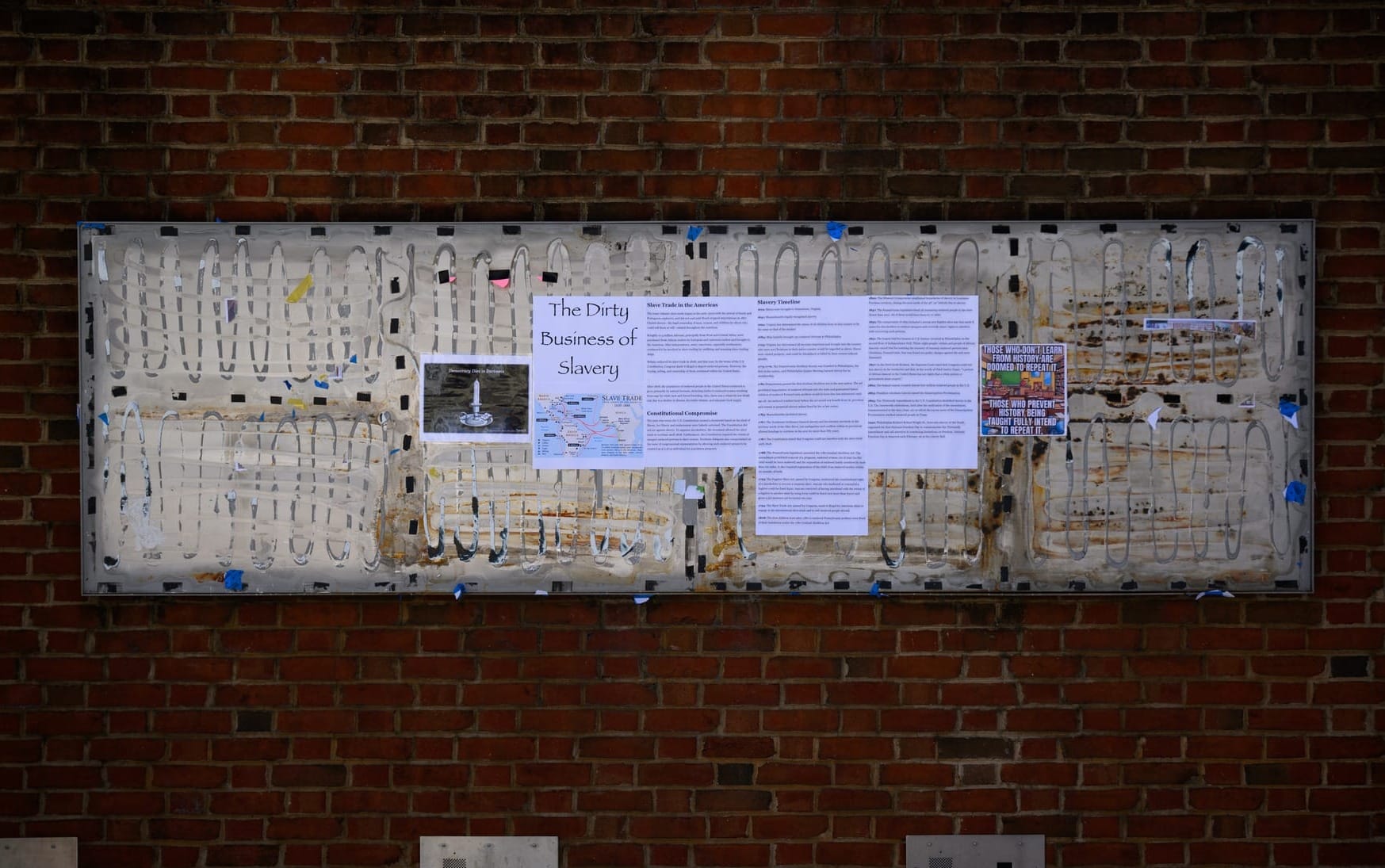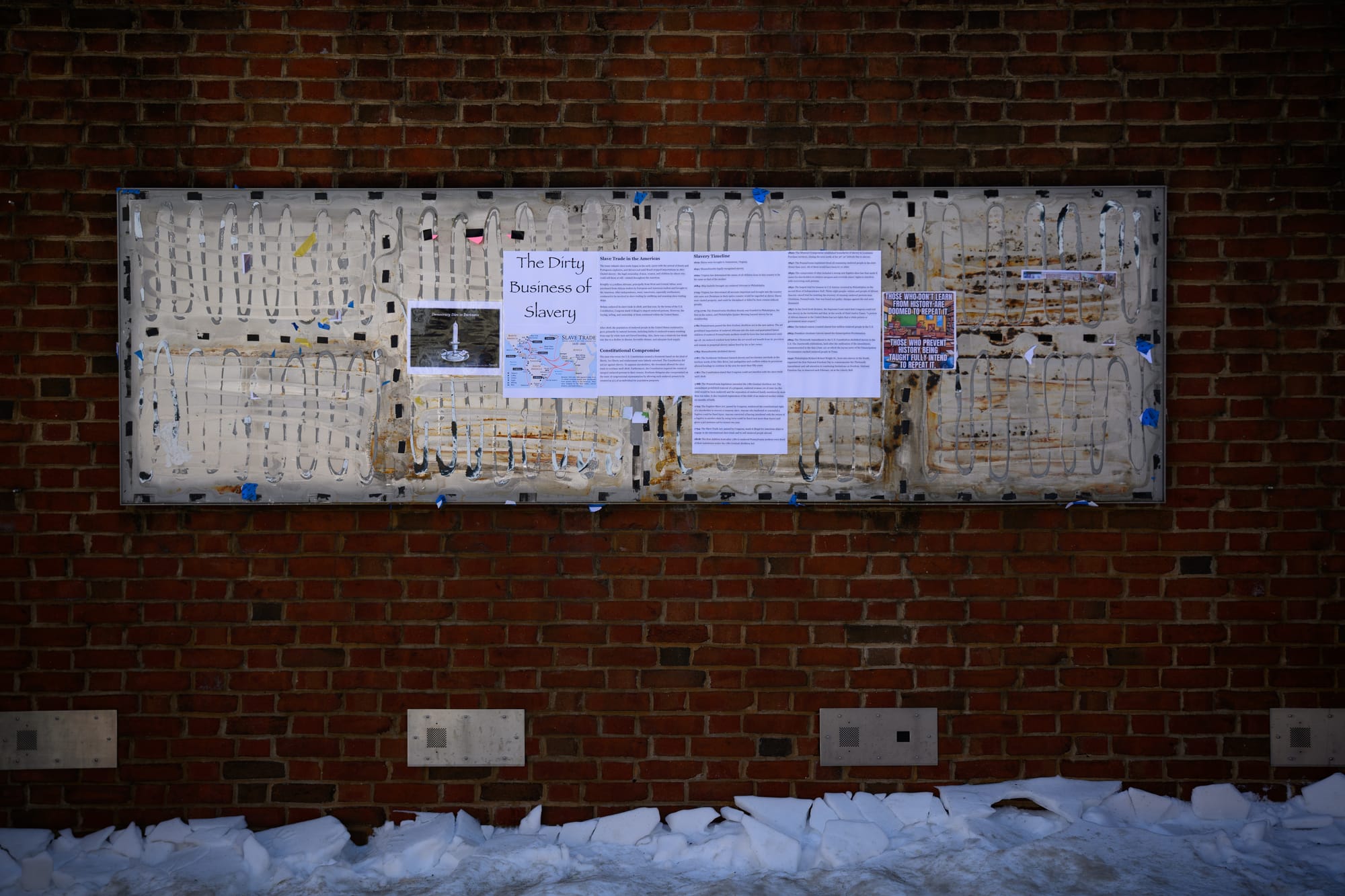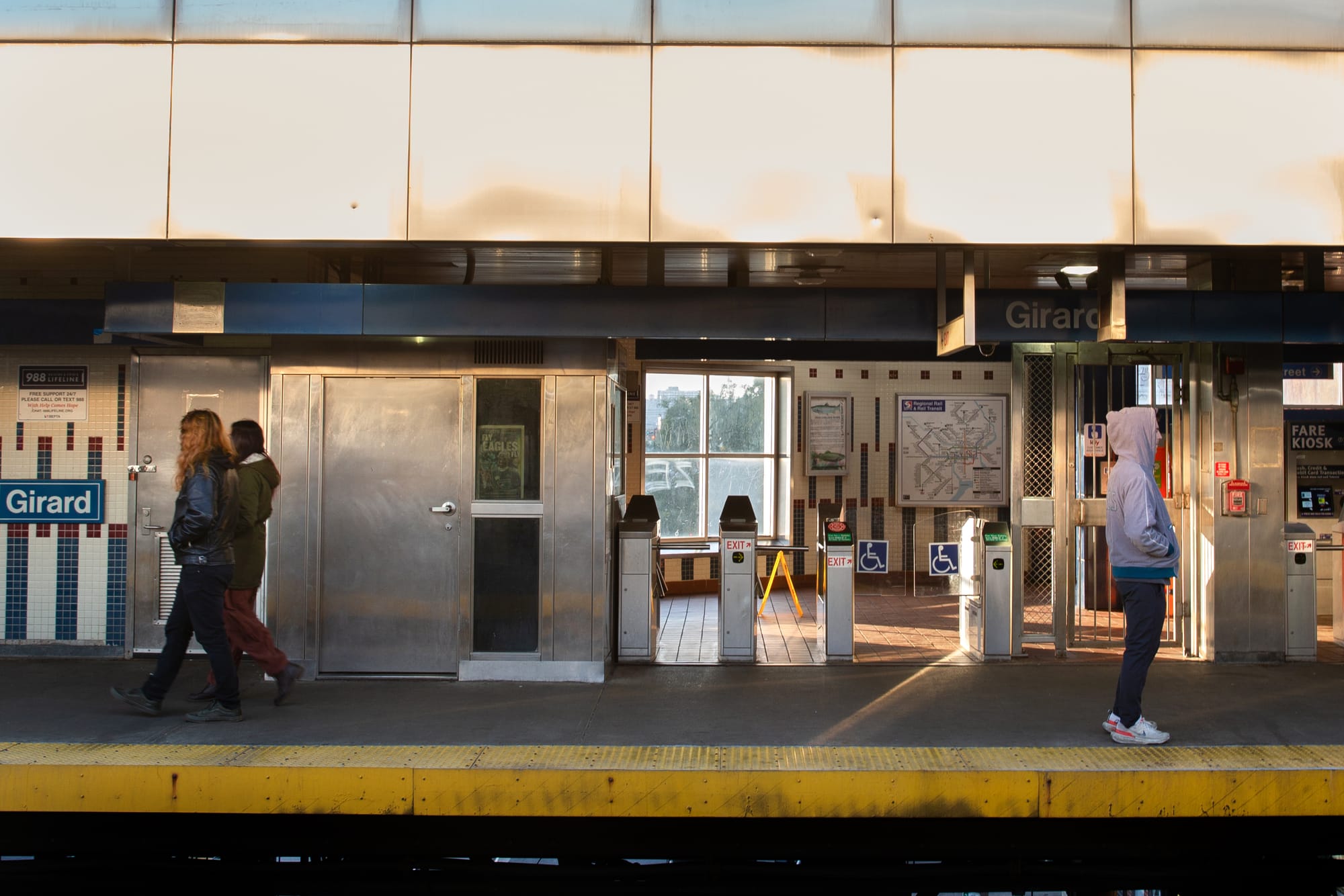Trump’s New Executive Orders Are a Direct Threat to Philadelphia’s Progress
On his first day back in the White House, Donald Trump unleashed a torrent of executive orders designed to undo years of progress.
On his first day back in the White House, Donald Trump unleashed a torrent of executive orders designed to undo years of progress. These moves, couched in the rhetoric of “restoring America,” are a sharp right turn back to his administration's most divisive instincts. And in a city like Philadelphia, these orders land with seismic force.
Philadelphia is no stranger to the national headwinds of federal policymaking. As a city with one of the highest poverty rates among major U.S. cities, it relies on federal initiatives to address entrenched inequities.
This isn’t just about bureaucratic priorities; it’s about outcomes. Executive orders help channel funds toward public housing upgrades, workforce development programs, and educational opportunities in underserved neighborhoods. With those initiatives wiped away, the city faces an uphill battle to address disparities in housing and education on its own. Residents who once had hope for real progress may now be met with bureaucratic inertia—or worse, a return to policies that prioritize disinvestment.

Immigration
Philadelphia’s immigrant communities are integral to its identity. From South Philly’s Vietnamese enclave to the bustling corridors of Kensington’s Latino businesses, immigrants aren’t just contributors to our economy—they’re our neighbors, friends, and family. Trump’s decision to revoke Biden’s Executive Order 14010, which created humane pathways for migration and asylum, signals a return to draconian immigration policies. Sanctuary cities like Philadelphia will bear the brunt.
During Trump’s first term, ICE raids left immigrant families living in fear, disrupting schools, workplaces, and entire neighborhoods. This week’s executive actions foreshadow more of the same. Undocumented residents—many of whom contribute to Philadelphia’s restaurant scene, small businesses, and construction industry—could again find themselves targeted. The ripple effects of fear and instability will hit immigrant families first, but they’ll eventually hit the city’s economy and culture, too.
Climate Deregulation
The environmental impacts of Trump’s agenda will also be felt acutely here. His withdrawal from the Paris Agreement and broader rollbacks on climate initiatives are not just abstract decisions—they’re local disasters in the making.
Philadelphia, like many urban centers, is on the frontlines of climate change. Flooding along the Schuylkill River has worsened in recent years, and neighborhoods like Eastwick, already prone to flooding, will suffer more without robust federal climate policies. Biden’s environmental agenda had provided crucial grants and incentives for urban green infrastructure—things like rain gardens, permeable pavements, and renewable energy projects. Those efforts not only mitigated climate risks but also created jobs. Under Trump’s policies, those opportunities may dry up, leaving the city less prepared for the next storm.
And let’s not forget: Philadelphia’s high rates of asthma, especially in Black communities, are tied to poor air quality. Federal climate inaction will exacerbate environmental health disparities, trapping the city in cycles of preventable illness and economic strain.
The Death Penalty
One of the most jarring executive orders reinstates the federal death penalty. Pennsylvania hasn’t executed anyone since 1999, and a moratorium has been in place since 2015. But Trump’s embrace of capital punishment could pressure states to revisit their own stances—and that could open old wounds in Philadelphia, a city where systemic racial disparities in the justice system are well-documented.
Nearly half of Pennsylvania’s death row inmates are Black, despite Black residents making up just over 10% of the state’s population. Reinstating the federal death penalty could reignite debates about racial bias in sentencing and the morality of capital punishment. It’s a distraction the city doesn’t need as it focuses on reducing gun violence and reforming its justice system.
Here’s the hard truth: these orders won’t just hurt Philadelphia. They’re designed to send a message to cities like ours—that progress can be undone and that justice is negotiable.
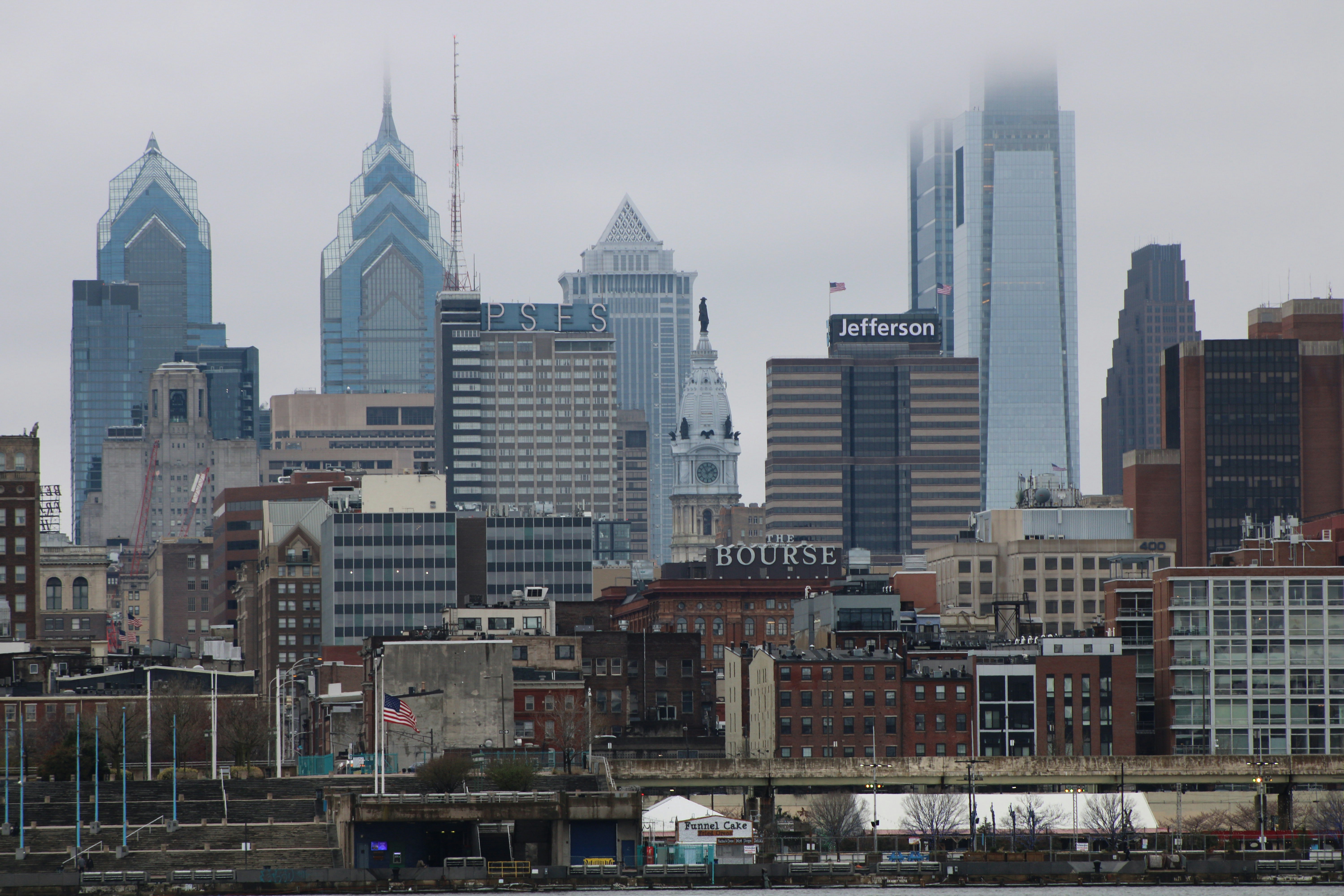
This city has survived worse than Trump. It has survived economic downturns, corrupt leadership, and systemic neglect. And yet, it remains a place where people come to build better lives.
If there’s one lesson to be learned from Trump’s executive actions, it’s this: Philadelphia cannot wait for salvation from Washington. We have to build resilience ourselves. That means doubling down on local policies that counteract Trump’s agenda. Trump’s presidency may feel like déjà vu. But for Philadelphia, the stakes are higher, and the response must be bolder. This city has always been a symbol of independence and resilience. Now it’s time to live up to that legacy.

